Professor Peju Olayiwola in Conversation with Prince Yemisi Shyllon
[ad_1]
Since its inception, The Toyin Falola Interviews has been a not-for-profit endeavour through which we have sparked conversations and debates on several issues of national and international concern, having people from all walks of life as revered interviewees on the platform – from renowned academics to former heads of state to vibrant activists. One of the most important aspects of what we do is to be as eclectic as possible in our selection while also ensuring that the interviews meet existing societal needs in the area of focus for which the interview is known.
In the last quarter of 2022, we had political analysts and academics on the program to spark a series of thought-evoking questions in what was a heated-up pre-election year in the country. For the first quarter of 2023, within which Nigeria is also expected to have held its federal-level elections for both the executive and legislative arms, our focus at The Toyin Falola Interviews will be on Nigerian cultural icons. This is largely due to our decision to stay away from partisan politics. We have had a wholesome, non-partisan dissection of the Nigerian political space and expectations. Within the next two months, which would ultimately lead to the climax of the Nigerian 2023 federal-level elections, we have decided to shift our attention to some Nigerians who have brought national and international honour to the country through arts, culture, and entertainment. Following this action plan, Prince (Dr) Yemisi Adedoyin Shyllon, Africa’s foremost private art collector, was our guest on Sunday, January 15, 2023, on the first edition of this year’s The Toyin Falola Interviews.
In the first part of the four-segment interview, Professor Peju Olayiwola asked the foundational questions that opened the audience to insights into the earliest years of Prince Shyllon’s foray into the world of art and cultural preservation. One of the most notable things said during the interview was in Professor Olayiwola’s opening remarks, where she acknowledged the direct impacts of Yemisi Shyllon’s vast collection on the preservation of African arts within the African continent. For context, artists of various media operate in an industry where only a few people appreciate their output. Due to a lack of standard educational institutions in the varying forms of arts, the high cost of formal education, and an almost absent production-to-sale and reward system, a large percentage of Nigerian and African artists focus on targeting international recognition and acquisition.
Often, young and aspiring artists put in the work with the deep-seated goal of getting a Master of Fine Arts degree at an American university, a pathway that can lead them to global fame, a higher valuation for their works, recognition and awards, and befitting financial returns for their intellectual and creative output. While it is good for the artist, their family, loved ones, and close associates, this phenomenon has rippling effects on the overall production rate, appreciation, identity, and existence of Nigerian and African arts. As a result, Prince Yemisi Shyllon’scommitment to acquiring and preserving art from contemporary Nigerian artists, especially in their earliest years of output and production, serves several purposes. One, it acts as a collection of mementos by which these artists can be reconnected to their roots, even if they eventually migrate to Western or Eastern nations. Another advantage of acquiring these artworks early in the career of Nigerian contemporary artists by a famed collector like Yemisi Shyllon is that it provides the artists with the necessary propelling exposure they need to launch a successful career.
In a world where the significance of an African art collection by an African living in Africa—Nigeria, in this case—is highly valued, Prince Yemisi Shyllon is the quintessence of colossal African representation. His success in the collection of African arts, especially Nigerian, serves as a testament to the ability of Africans to collect art and organise the preservation and promotion of their own art and cultures without external influence or resources or the migration of these artworks to external museums on other continents. This toughens the debate surrounding the relocation of African arts and precious jewels to European countries during the colonial period, reparations, and the return of artworks and jewels that remain within the countries they were relocated to.
Was the relocation, regardless of how depraved the means of relocation, justified in this case by the claims that it is the sole reason those artworks remain to date? There are claims that if they had not been relocated by the colonialists during the era, many of those works would have been lost due to a lack of organised and nationally managed preservation ecosystems. However, the existence of collectors like Yemisi Shyllon throws the clogs in claims like that. If people like Shyllon have successfully collected and preserved African arts, what is to say that the arts that were non-consensually relocated to European countries would not have been managed and preserved also?
A prime example of how our formative years affect our choices and decisions in the future is the circumstances surrounding Prince Shyllon’s childhood and how those experiences formed the basis of a decision he made later in life. In the pre-interview piece, I noted that Prince Shyllon was one of the few during his time who attended the three foremost universities in Southwestern Nigeria: theUniversity of Ibadan, the University of Lagos, and the Obafemi Awolowo University. About a decade after his first undergraduate degree in Engineering from the University of Ibadan, Prince Shyllon bagged a degree in Law from the University of Lagos. Many would marvel at how he chose to delve into an academic field that had little to do with his first degree; however, what those people would not have known, which was revealed in the interview, was that Prince Shyllon was groomed and raised by his maternal grandmother, who was the daughter of Nigeria’s first indigenous lawyer, Sapara Williams. Growing up around such a person and listening to the tales of the exploits and impacts of his great–grandfather within the Nigerian space cemented Prince Shyllon’s love and reverence for law as a profession, spurring him to pursue a degree in it.
Grandparents play several roles and responsibilities in the average African home, as the foundational societies that makeup Africa are communal, with constant communication between members of a nuclear family and their extended family on both the paternal and maternal fronts — from grandparents to cousins to uncles and aunts. In such a setting, grand-parents serve as griots and the connection of the present to the past, playing their role in the children’s enculturation through the sharing of stories and legends and myths to help shape the world views and personal views of their grandchildren and give them a foundational knowledge of their ancestry. Thus, Prince Shyllon spending a significant part of his childhood, up to his secondary school days, with his grandmother in Yaba did not only serve as an influence on his decision to study law, but it was also foundational to his affinity for an interest in the varying forms of art and artistic expression, from literature to the fine arts.
Additionally, growing up with his grandmother meant that he would have been highly indulged in folktales, stories, legends and myths, proverbs, aphorisms, and idioms, which he might not have readily had access to if he had grown up living with his parents. As important and contributory as the informal education and enculturation process he had in his grandmother’s house was to his life trajectory, much has to be said about Prince Shyllon’sformal education and how it contributed to his growth and development. He has often alluded to the University of Ibadan as the genesis of his foray into art collection, and he mentioned in the interview that his time at the University of Ibadan made all the difference in his life. It was at this institution of learning, with its strategic scenery that includes vast natural plants and a zoological garden, that Prince Shyllon developed a deep interest in and love for plants, animals and nature, a love that metamorphosed into an interest in the expression of natural and world beauty through art. And so he started his forty-year journey of collecting art, which has also formed the basis of his legacy.
As the University of Ibadan was instrumental to Prince Shyllon’s love for art and nature, so did the University of Ife catalysed his love for culture. Ife, the ancestral origin of the Yoruba people and cultural heritage for everyone with an iota of affinity to the Yoruba race, served as an awakening of his consciousness to a new dimension of art—the cultural affiliations and implications of art. While studying at Ife, he began to uncover how art relates to culture and serves as a people’s expression, promotion, and preservation of their cultural heritage. This awakening influenced the direction that Prince Shyllon’s collection took, heralding the Afro-conscious and Afro-themed art-collecting Shyllon.
Professor Peju Olayiwola did an excellent job with her opening questions that focused on Prince Shyllon’s earliest years, which have helped us with a historical conceptualisation of the work and legacy of the passionate art collector and the factors that would have influenced the shape his work has taken. Yet again, this edition of the Toyin Falola Interviews, like previous editions, served the greater good by opening the portal to foundational questions that will help us understand the life, work, contributions, and phases of the life of Africa’s leading private art collector.
We must document pacesetters and pathfinders like Prince Shyllon to have a guidebook for the new generations that might be motivated to take on the task and legacy of art collection in Nigeria and Africa. The opening questions at the last interview and the corresponding answers from Prince Yemisi Shyllon, which have been further highlighted and examined in this piece, will serve as the earliest writing to aid researchers and academics who should consider the needed documentation of Prince Shyllon’s work and exploits.
(This is Part One of the interview report with Prince Yemisi Shyllon conducted on January 15, 2023. For the transcripts:
YouTube https://youtube.com/watch?v=QFMbXx6aRE4;
Facebook https://fb.watch/i458cu7phB/)
[ad_2]



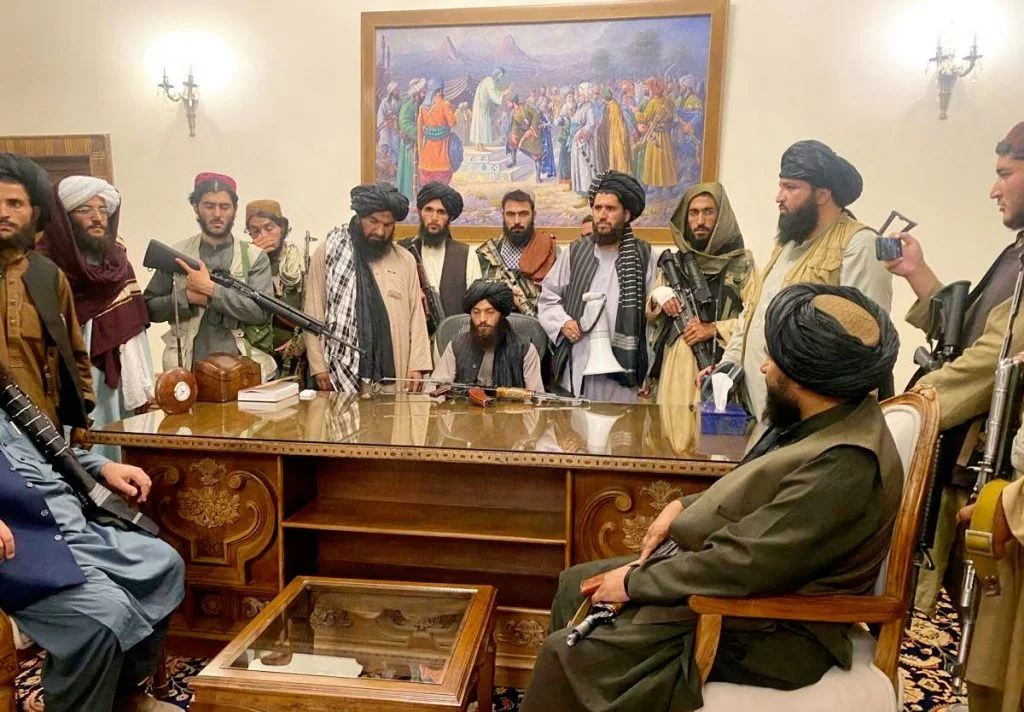


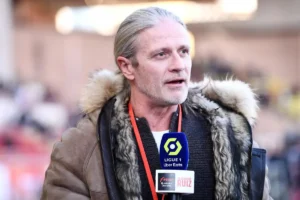
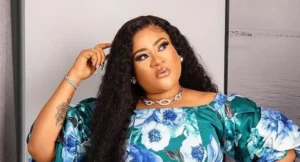
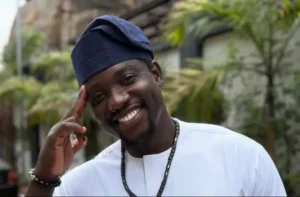
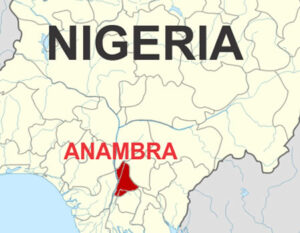
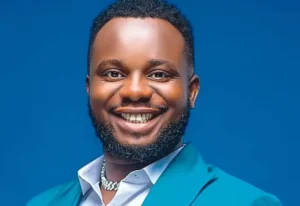
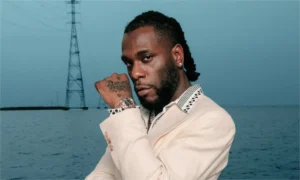

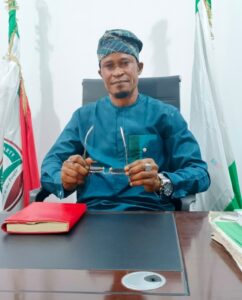
Post Comment